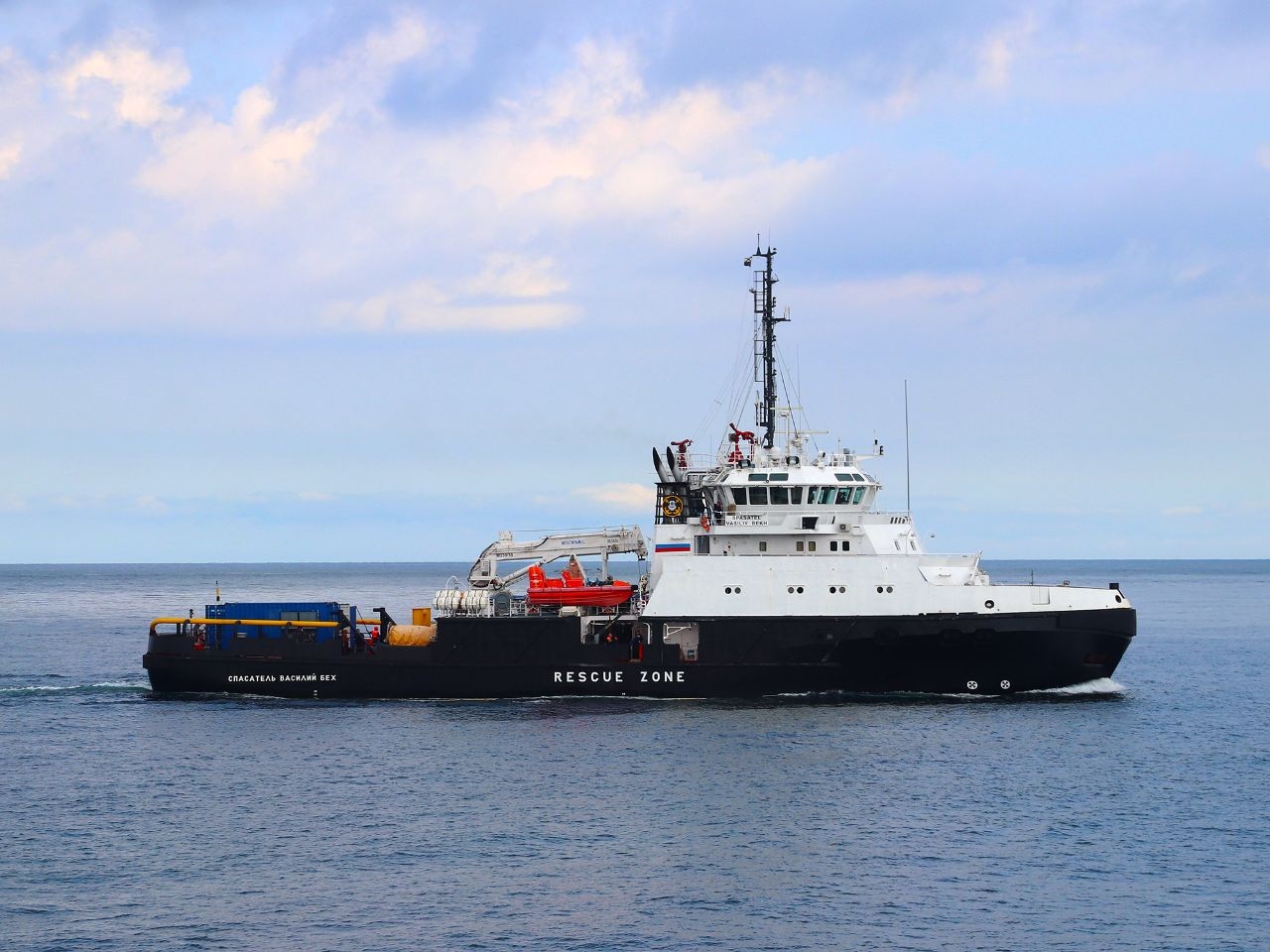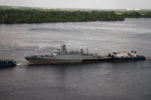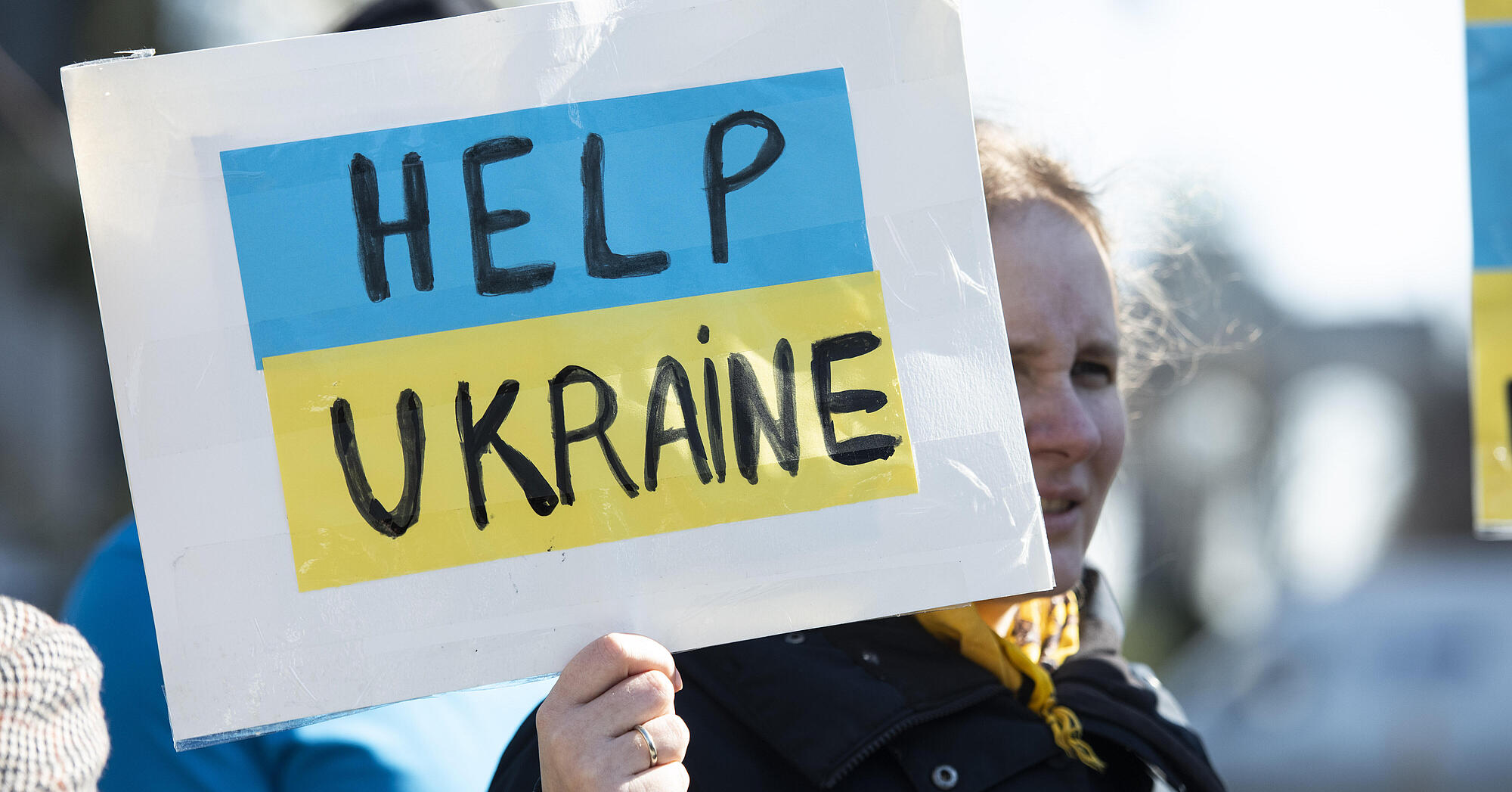In his latest talk about
The causes and consequences of the Ukraine war (vid) John Mearsheimer also speaks of why he thinks that an escalation is likely, and what the potential results might be. Without the Q&A it is only one hour long and well worth your time.
From Moon of Alabama,
Posted by b on June 17, 2022 at 16:35 UTC |
Permalink
I don't have the time right now to listen to his entire speech, but he went off the rails fairly early when he blamed the entire war on the United States because he claims the Biden administration has been trying to get Ukraine into NATO.
Back in 2008 GW Bush made noises about admitting Ukraine and Georgia into NATO, but it went over like the politically ridiculous idea it was at the time
Ukraine: NATO’s original sin
Some Americans with a tin ear to the political realities of the region have made noises like Bush did, but in general US and NATO policy has been constantly resisting eastern Europe's demands to join NATO. NATO eventually caved in and allowed many eastern European countries to join, despite the original promises not to allow them to join the west made when the USSR split up.
As late as January of this year, the most vocal and pretty much only proponent for Ukraine to join NATO was Ukraine.
Aside from Kyiv, No One in Rush for Ukraine to Join NATO
This is a diplomatic balancing act that has been going on for 30 years. The US, UK, and France offer the protection of a nuclear umbrella to NATO members. For countries under the threat from a larger neighbor, their path to safety lies in either being under someone else's umbrella, or make their own. China, India, Pakistan, North Korea, and Iran have made their own, those countries friendly enough with a western nuclear power (generally the United States) can enjoy those protections.
That is what NATO membership give the countries of Europe as well as some Asian countries with tight alliances with the US. Thanks to the Monroe Doctrine which is still pretty much valid after 200 years, the other countries in the Western Hemisphere can rest easy that nobody outside the hemisphere is probably going to bother them.
For countries like Georgia and Ukraine, they are dealing with a neighbor with a history of aggression towards them. Since GW Bush made those remarks in 2008, Russia has invaded Georgia and Ukraine.
The US has created or participated in creating some of the worst problems in the world. It participated in overthrowing the elected leader of Iran in the 1950s which eventually led to the religious zealots running the place today. The US led invasion of Iraq in 2003 was the worst strategic blunder the US ever made and I said so before it started. Afghanistan was a noble effort at the start and it had a good chance of success, but the Bush administration started illegally drawing out troops for the Iraq operation before there was authorization for it. By removing troops at the critical time, the whole thing turned into a quagmire (Churchill did the same thing diverting 8th Army troops to Greece instead of finishing the Italians off in Africa in 1940).
However, not all the world's problems can be laid at the feet of the US. There is a knee jerk reaction among some American intellectuals to immediately conclude that if something went wrong in the world it's mostly the US' fault. The US did make some mistakes leading up to this war, but it is not the primary character at fault.
@bkp_duke posted a video a few weeks ago that made a much better explanation for why this war and the 2014 invasion of Crimea and Donbas happened. In 2013 Geologists working on and off shore in Ukraine discovered a massive field off the Ukrainians coast and through a part of Crimea that was mostly natural gas, though it would produce some oil. Another exploration project found a reservoir of oil under eastern Ukraine with the bulk of it in Donbas. Shell oil got a contract to develop one field and Exxon the other.
Shortly after those contracts were awarded, Russia invaded Crimea and Donbas and the two oil companies abandoned the projects. There was still potential to develop the western end of the gas field off shore. That's probably why Putin has been obsessed with taking Odesa. If he can make Ukraine a land locked country, Russia will own the rights to all that offshore gas.
In 2013 after the discovery Europe was looking to switch gas suppliers form Russia to Ukraine.
This war is the most naked act of aggression by a large power in 80 years. The US has done some (usually for bad reasons and I do fault them for that), but they have never been wars of conquest. The US never had the intention of making Afghanistan, Iraq, or Vietnam part of the United States. The US wanted to leave friendly regimes behind, but when that didn't happen in any of those countries the US pretty much shrugged and went home (kicking itself for doing something so stupid in the first place).
Russia is trying to make Ukraine a part of Russia again. This is a war of conquest.
The developed world decided in the aftermath of WW II that even though there were territorial claims sometimes stemming back centuries, for the most part countries preferred peace by enforcing the existing borders than continue to carry a grudge about something that happened in the past. Germany could claim Kalingrad, but they aren't. Parts of modern day Poland were German territory up to 1945 when the USSR shifted Poland westward.
Putin approached Poland about carving up Ukraine and offered them Lviv which has belonged to Poland off and on for centuries. Poland declined and decided to back Ukraine to the hilt instead. They would rather have a friendly neighbor who is currently in control of historically Polish land than have to kiss up to Russia in any way.
Russia didn't get that memo. It is still thinking in terms of the 19th century Great Game while the rest of the world is pretty much thinking in terms of the post -WW II bury territorial disputes and move on mode. Ukraine's demands are just to get their own territory back and nothing else. Even if the Russian army completely collapsed leaving the road to Moscow wide open, the Ukrainians would not do it.






/cloudfront-us-east-2.images.arcpublishing.com/reuters/T25YT63UYJPERJKOQA3EJRGXOE.jpg)

